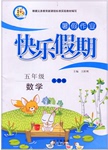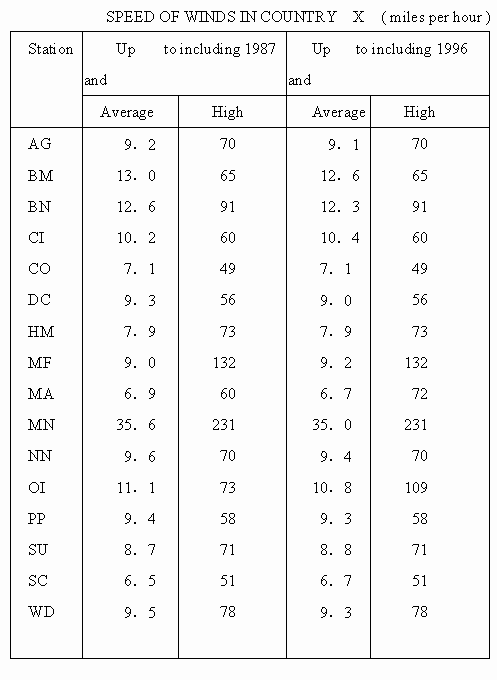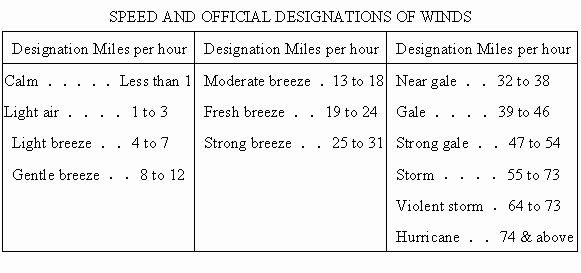题目内容
In the city of Fujisawa, Japan, lives a woman named Atsuko Saeki When she was a teenager, she 36 of going to the United States. Most of what she knew about American 37 was from the textbooks she had read. "I had a 38 in mind: Daddy watching TV in the living room, Mummy 39 cakes and their teenage daughter off to the cinema with her boyfriend."
Atsuko 40 to attend college in California. When she arrived, however, she found it was not her 41 world. "People were struggling with problems and often seemed 42 ," she said. "I felt very alone."
One of her hardest 43 was physical education. "We played volleyball." she said.
"The other students were 44 it, but I wasn't."
One afternoon, the instructor asked Atsuko to 45 the ball to her teammates so they could knock it 46 the net—No problem for most people, but it terrified Atsuko. She was afraid of losing face 47 she failed.
A young man on her team 48 what she was going through. "He walked up to me and 49 , 'Come on. You can do that'"
"You will never understand how those words of 50 made me feel.. Four words: You can do that I felt like crying with happiness."
She made it through the class. Perhaps she thanked the young man; she is not 51 .
Six years have passed. Atsuko is back in Japan, working as a salesclerk. "I have 52 forgotten the words." she said. "When things are not going so well, I think of them."
She is sure the young man had no idea how much his kindness 53 to her. "He probably doesn't even remember it," she said. That may be the lesson. Whenever you say something to a person cruel or kind—you have no idea how long the words will 54 . She's all the way over in Japan, but still she hears those four 55 words: You can do that.
36. A. learned B. spoke C. dreamed D. heard
37. A. way B. life C. education D. spirit
38. A. photo B. painting C. picture D. drawing
39. A. baking B. frying C. steaming D. boiling
40. A. hoped B. arranged C. liked D. attempted
41. A. described B. imagined C. created D. discovered
42. A. tense B. cheerful C. relaxed D. deserted
43. A. times B. question C. classes D. projects.
44. A. curious about B. good at C. slow at D. nervous about
45. A. kick B. pass C. carry D. hit
46. A. through B. into C. over D. past
47. A. after B. if C. because D. until
48. A. believed B. considered C. wondered D. sensed
49. A. warned B. sighed C. ordered D. whispered
50. A. excitement B. encouragement C. persuasion D. suggestion
51. A. interested B. doubtful C. puzzled D. sure
52. A. never B. already C. seldom D. almost
53. A. happened B. applied C. seemed D. meant
54. A. continue B. stay C. exist D. live
55. A. merciful B. bitter C. simple D. easy
CBCAB BACBD CBDDB DADBC

 一诺书业暑假作业快乐假期云南美术出版社系列答案
一诺书业暑假作业快乐假期云南美术出版社系列答案
| |||||||||||||||||||||||||||||||||||||||||||||||||||||||||||

 1.Through 1987 what was the ratio(比例)of the highest to the average wind speed for BM?
1.Through 1987 what was the ratio(比例)of the highest to the average wind speed for BM?